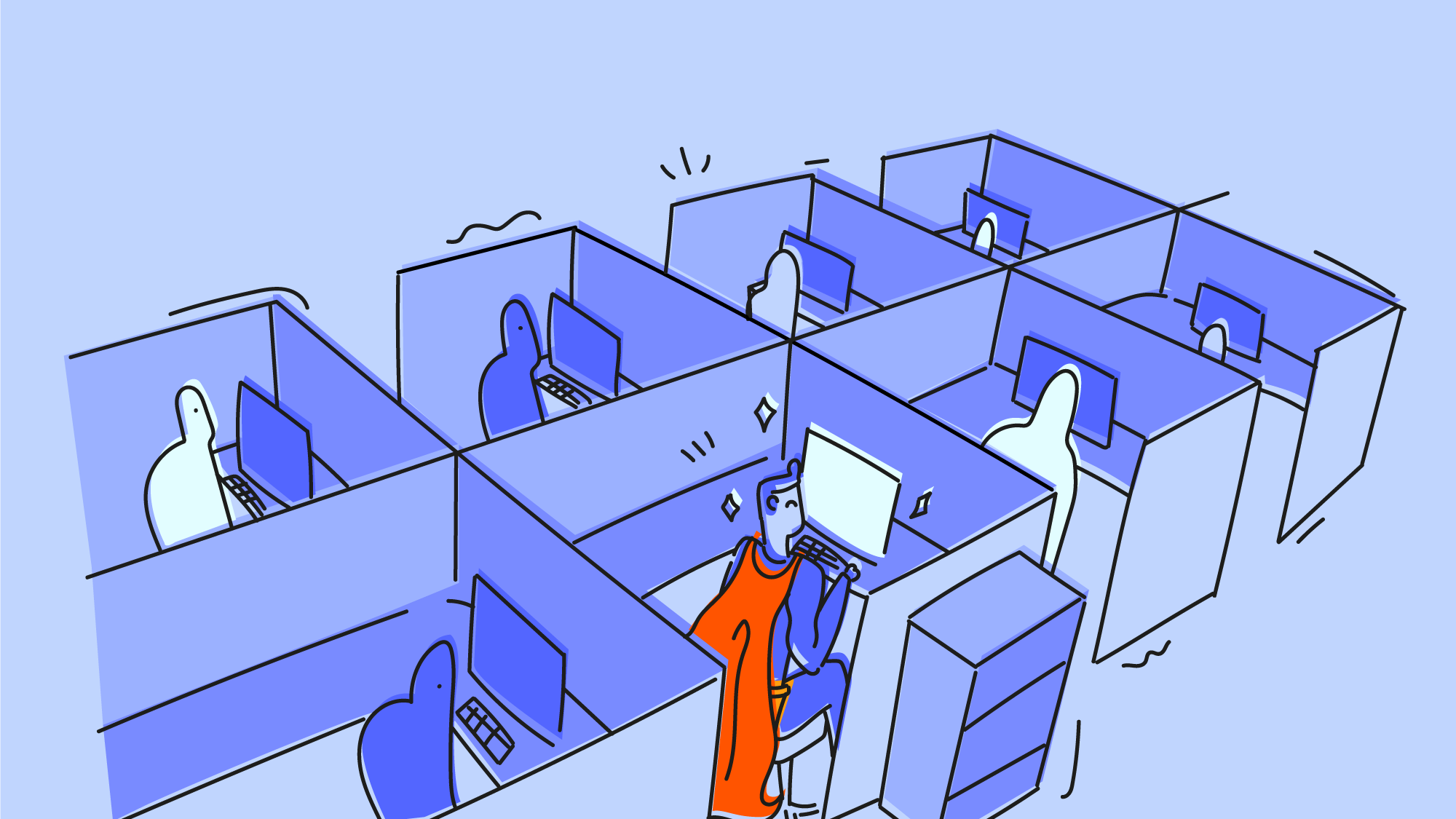I'm Not That Great, Which Makes Me Feel Better

Stop me if you've heard this one before: a young person does well in school thanks to her exceptional intelligence, gets great grades at university, then emerges into the world to do.... ok: she makes a reasonable income, performs acceptably at her work, and generally does just-fine in the world, but not as well as she thought her intelligence would enable (cough cough, guarantee?). For many years she feels bummed, like she isn't Achieving Her Potential, like she got a great hand in life and plays it badly.
Then, one day, while complaining to a friend, the friend says: look, the big predictors of success in life are intelligence and conscientiousness, and while you're very high in intelligence you're also very low in conscientiousness, and given those conditions you're actually doing pretty great.
How should she feel?
She has just gone from someone who thought they had a great hand in life and were playing it badly to discovering she was someone who had a merely-fine hand in life and is playing it pretty well. Should she feel.... worse, knowing she has far less potential than she ever imagined? Or better, knowing that she's playing the hand she was dealt far better than she thought she was?
Equally, you can imagine an opposite version of this: a person thinks they're doing pretty well in life, and then someone makes them aware that they had tons of advantages that they didn't acknowledge. (This is one component of 'privilege discourse': trying to get people to understand some secret advantages they might not even notice they have; to understand that they were dealt a better hand than they realize).
Or take this case: a person has a side project, whether it's t-shirts they've designed or a novel they've written or a coding project they work on on weekends. After many years of hustling things aren't taking off; they're selling very few of their little creations, and struggling to break even on the endeavor, let alone make money. But maybe their work is just-ok, and the fact they're selling any at all should make them proud of their sales skills; conversely, perhaps their selling skills are just-ok, and the fact that they're managing to sell at all should make them exceptionally proud of their output.
You can imagine a situation where every time the creator gets new 'positive' information – say, somebody tells her work is truly outstanding – she gets morose instead of happy, thinking "if my work is so great, and it's getting so little traction, I must be promoting it really badly."
It's traditional to end a blogpost with an overly-pat, completely unjustified assertion that the topic of the blogpost is responsible for vast swathes of human happiness/unhappiness. So let me do that: vast swathes of human unhappiness are caused by emotional recoiling from good news, because the good news makes you feel bad about something else.